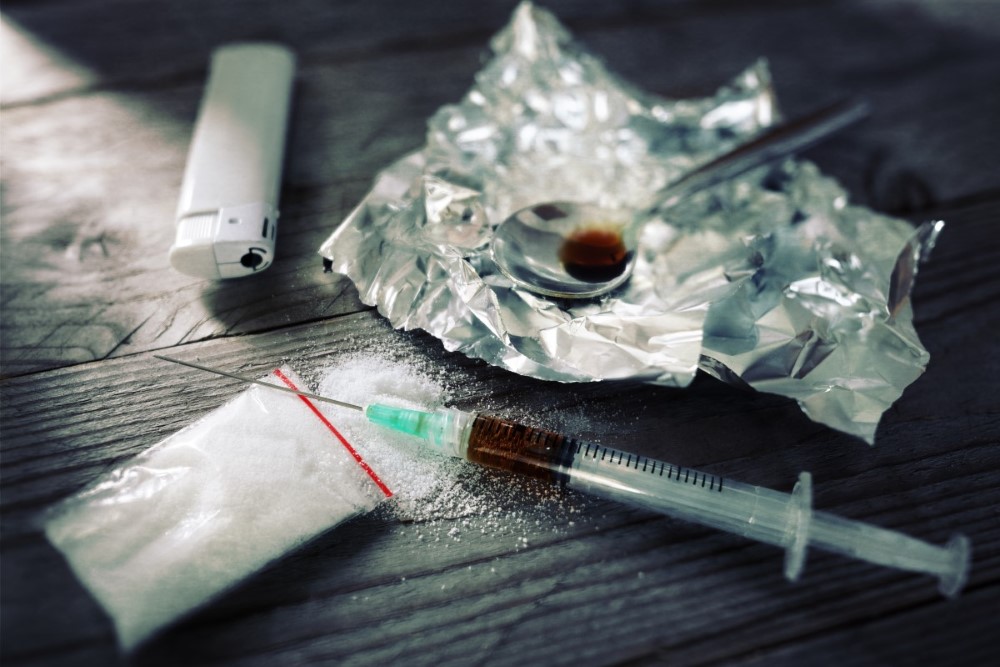Understanding the connection between addiction and aggression is vital for both individuals struggling with addiction and their support networks. Addiction can manifest in various forms – from substance abuse to behavioral addictions – and its impact on behavior, particularly aggression, is a critical area of concern. Aggressive behavior in addiction can stem from neurological, psychological, and social factors. The alterations in brain chemistry due to substance abuse, for instance, can lead to heightened irritability and lowered impulse control, potentially resulting in aggression.
Neurological Perspectives
Substance abuse can significantly alter brain functioning. Substances like alcohol, stimulants, and opioids are known to affect areas of the brain that regulate aggression and impulse control. For example, alcohol’s impact on the frontal lobes can impair judgment and self-control, often leading to aggressive outbursts. The neurochemical changes caused by these substances can heighten stress responses, making an individual more prone to react aggressively.
Psychological and Social Factors
Psychological distress, often co-occurring with addiction, can contribute to aggressive behavior. Feelings of frustration, fear, or hopelessness commonly experienced by those with addiction can escalate to aggressive responses. Socially, the stigma and pressures faced by individuals with addiction can also trigger aggression as a defensive or coping mechanism. Understanding these triggers is essential in addressing the root causes of aggressive behavior in addiction.
Strategies for Management and Reduction
- Cognitive-Behavioral Therapy (CBT): This therapy aims to alter patterns of thinking and behavior. It helps in understanding the triggers of aggression and developing coping mechanisms to manage these effectively.
- Mindfulness and Stress Reduction: Techniques like meditation and mindfulness can help manage stress and reduce the tendency toward aggressive responses.
- Medication and Clinical Interventions: In some cases, medications can be prescribed to manage underlying mental health issues or direct symptoms of aggression and addiction.
- Support Systems: Engaging in supportive networks, including family, friends, and recovery groups, can provide the emotional support necessary to deal with addiction-related aggression.
Controversial Aspects and Emerging Research
The link between certain medications used in addiction treatment and aggression remains a contentious area. For example, medications like benzodiazepines, used for anxiety and withdrawal symptoms, have been linked to increased aggression in some cases. Emerging research in pharmacogenomics might offer insights into personalized medication strategies to reduce such risks.
Furthermore, the societal and legal implications of aggression within addiction contexts often evoke heated debates. The classification of addiction-related aggressive acts in the legal system, and the balance between medical treatment and legal accountability, remains a complex and evolving field.
Understanding the Interplay of Addiction, Anger, and Aggression
Anger’s Role in the Cycle of Addiction
Anger is a pivotal emotion deeply entwined with the development and perpetuation of addiction. Many individuals grappling with addiction may lack healthy outlets for expressing anger, channeling their emotional turmoil into substance use as a coping mechanism. This dynamic can entrench them deeper into the destructive cycle of addiction. The relationship between unexpressed, mismanaged anger and the escalation of addictive behaviors highlights the importance of addressing emotional regulation in addiction treatment strategies.
The Concept of Connection in Addiction Recovery
The assertion that “the opposite of addiction is connection” underscores the essential human need for meaningful relationships and support systems in combating addiction. The sense of belonging, understanding, and emotional support derived from connections with others provides a counterbalance to the isolation often experienced in addiction. Establishing and nurturing these connections is crucial in creating an environment conducive to recovery, demonstrating the therapeutic value of group therapy and communal support in addiction treatment modalities.
Addiction’s Impact on Learning and Memory
The influence of addiction on the brain’s learning and memory pathways illustrates how chronic substance abuse can alter fundamental neural processes. These modifications in brain circuits can affect not only cognitive functions but also emotional responses, potentially contributing to heightened aggression. Understanding how addiction reconfigures these neural pathways is vital in developing treatments that address both the psychological and neurobiological facets of addiction and aggression.
Psychological Perspectives on Addiction
Addiction is understood as a state of dependence that transcends physical need, encompassing psychological compulsions. This broad perspective includes behavioral addictions such as gambling, internet, or sexual addiction. The psychological component of addiction highlights the complexity of treatment, necessitating approaches that address both the mental and physical aspects of dependency, including underlying emotional triggers like anger.
Silent Treatment: A Manipulative Tactic in Addiction
Individuals struggling with addiction may resort to manipulative tactics like the silent treatment. This behavior can serve multiple purposes: exerting control, evoking a response from others, or as a manifestation of unexpressed anger and frustration. Recognizing these behaviors as part of the larger matrix of addiction and emotional dysregulation is crucial in comprehensive addiction treatment approaches.
Anger’s Physiological and Neural Effects
Anger not only influences psychological well-being but also induces tangible physiological and neural changes. These include alterations in blood pressure and brain activity, particularly in areas controlling emotions and attention. Understanding these changes is essential for comprehending the full spectrum of addiction’s impact on the individual, encompassing the intersection of emotional states like anger and addictive behaviors.
Integrating these insights, particularly within the broader context of addiction and aggression, provides a multidimensional understanding vital for effective treatment and management strategies. Addressing the emotional, psychological, and social dimensions of addiction is as important as tackling the physical aspects, ensuring a holistic approach to recovery. The interconnectedness of these factors underscores the complexity of addiction treatment and the necessity for personalized, empathetic approaches in addressing these challenges.
If you’ve found yourself intrigued or personally touched by the exploration of how addiction can lead to aggressive behavior and the methods for managing and reducing these tendencies, I warmly invite you to delve deeper into this significant topic. This field, intertwining addiction, anger, and aggression, not only demands our attention but also our compassionate understanding and informed action. Whether you’re seeking answers for yourself, a loved one, or are a professional in the field, your insights and experiences are invaluable. Join us in a deeper discussion where your questions can be addressed, and your experiences can help illuminate this complex subject further. Together, we can unravel the complexities of addiction and aggression, paving the way towards effective strategies and real healing.




